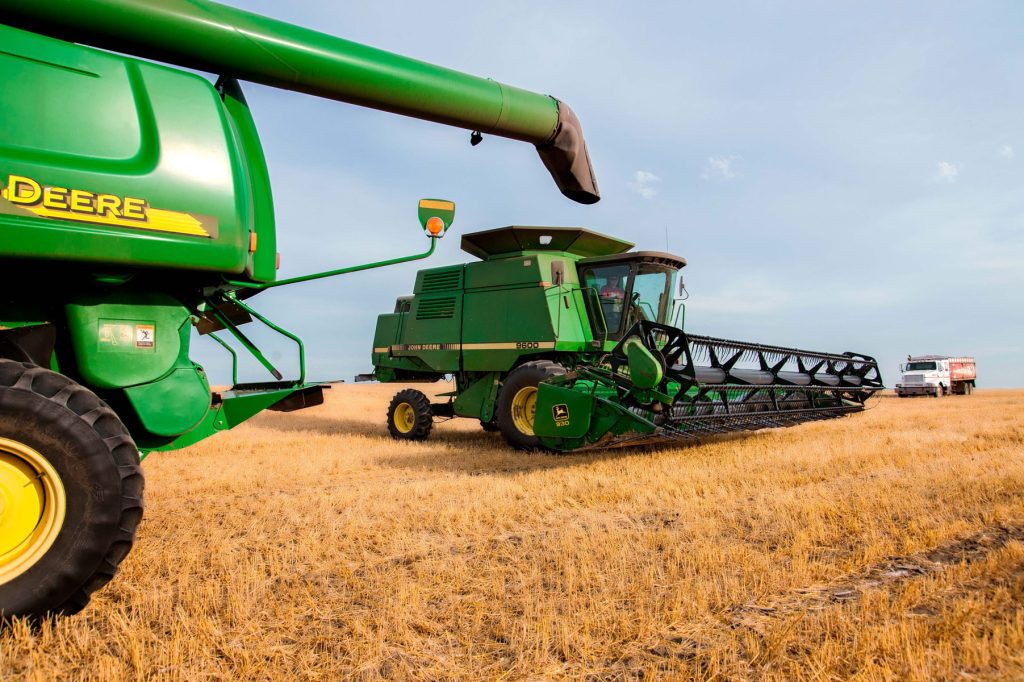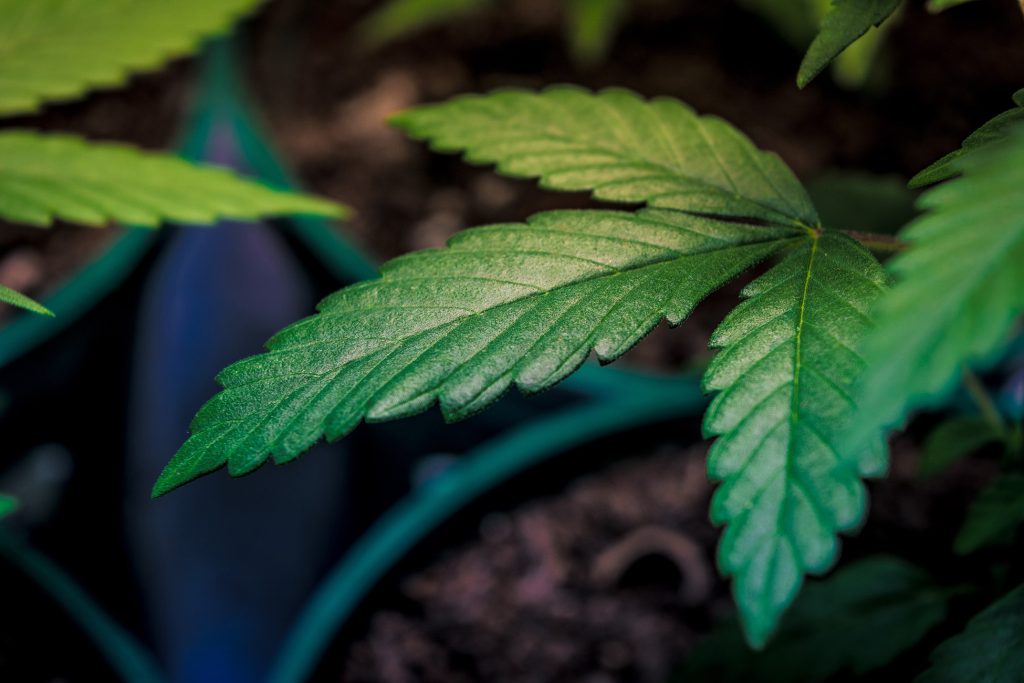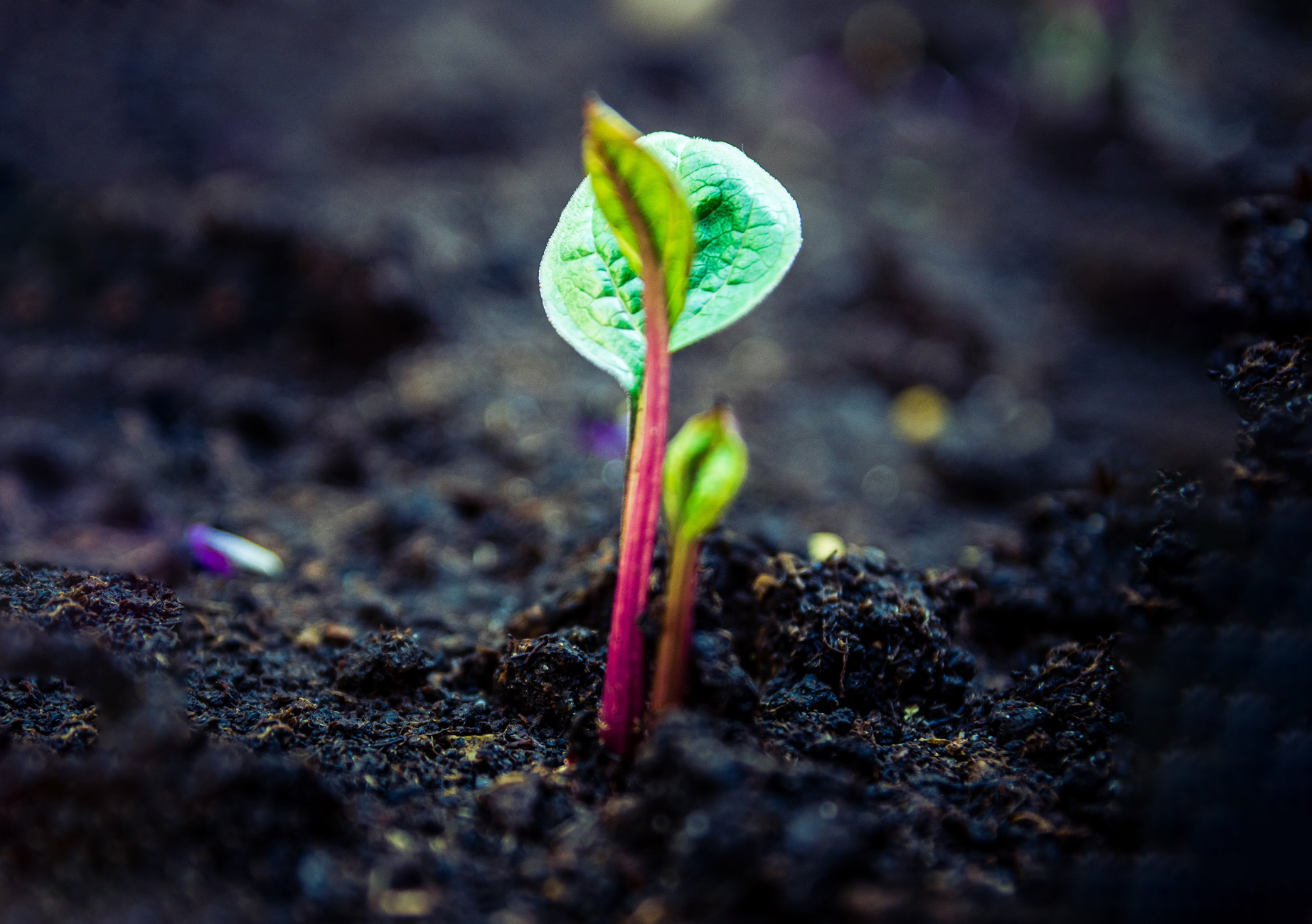Mankind’s presence on the planet has often resulted in catastrophic effects on the Earth’s soil. We often hear or read about water pollution; air pollution; even light pollution. But, meantime, what happens to the soil? “Trust your feet”- goes the saying. Of course, it may not work if it is scorched earth all around. Living soils make Earth a fruitful planet, and for this reason, we need to protect them. With a little effort, they could become the new frontier of Sustainable Agriculture. All we need to do is trust Nature and be Sustainable!
What is the meaning of ‘living soil’?
An article published by USDA (United States Department of Agriculture) makes clear: “Only “living” things can have health, so viewing soil as a living ecosystem reflects a fundamental shift in the way we care for our nation’s soils.” Therefore, ‘living soil’ is synonymous with fertile soil; containing organic substances formed as a result of the decomposition of animals and plants. Living soils make the crops thrive and they also attract the life nearby. Yet, the conditions we mentioned need to remain as such, so that life does not fade away. Unfortunately, the agricultural sector often favors progress over self-preservation. As the environment has become starker and conditions unfavorable, we have increasingly relied on technology. The damage caused by industrial farming on the environment is a clear example of the many consequences of this choice.

Did you know that the agricultural sector is considered responsible for 10-12% of total man-made greenhouse gas emissions? Industrial agriculture, in particular, is often based on the use of synthetic chemicals and the production of monocultures. This harms the lives of many of the microbes, fungi, and bacteria that inhabit the soil, and make it actually “alive”. The use of chemical agents during cultivation can dramatically reduce longterm soil fertility; causing soil erosion, water pollution, and weakening fragile ecosystems. Besides, it exposes farmworkers to toxins and contributes to climate change. Today, we can use this information to reverse course and take a step toward sustainability.
Why are living soils so important?
Living soils are slowly falling under the scourge of machines and chemicals. In the scientific community, the preservation of the Earth’s soils has been recognized as a key element for a breakthrough in environmental sustainability. To maintain biodiversity, indeed, we need to protect the life flowing above and below the ground. According to Christopher Johns, Research Manager of the Northern Australia and Land Care Research Programme: “Holistic soil science has the potential to substantially increase understanding of plant-soil systems and provide guidance for pressing issues of the 21st century, such as agricultural sustainability and environmental change”.
You may not know, but this old-fashioned, extremely effective growing method can also be used for indoor cultivation. One example is its use in homemade cannabis cultivation. The marihuana plant works basically like a sponge; it absorbs the content of the soil on which it grows. This implies the cultivator needs to keep its natural composition intact, avoiding treating it with chemical agents, pesticides, and fertilizers, which would be harmful both for the plant and the consumer.

What is the price of change?
Applying environmental sustainability to agriculture means giving up all or part of the concept of large-scale production. This would, in turn, solve a socio-economic issue; the crisis of small farmers bent every year by the pressure of industrialization and multinational corporations. In this sense, brave business realities – like Biofarm and Dr. Hauschka – are beginning to represent a viable alternative to the capitalist approach to the food production chain and its subcategories. The first company we mentioned, with Italian roots, promotes organic farming through a digital farming system. It takes advantage of the social interconnectivity made possible by advanced technology. As for the second one, it is a cosmetics company that takes care of the sustainability of its products starting from the insemination and cultivation of the soil up to the 100% recyclable packaging.
Sounds good, right? The applications are many and potentially make one hope for a real revolution! Therefore, if there is something worth to start working on, it is protecting and implementing living soils.





